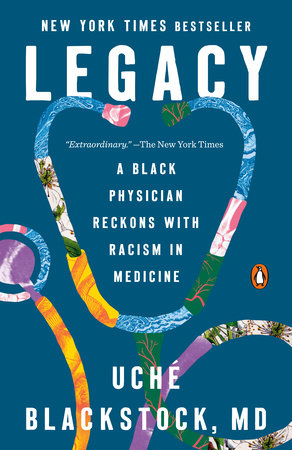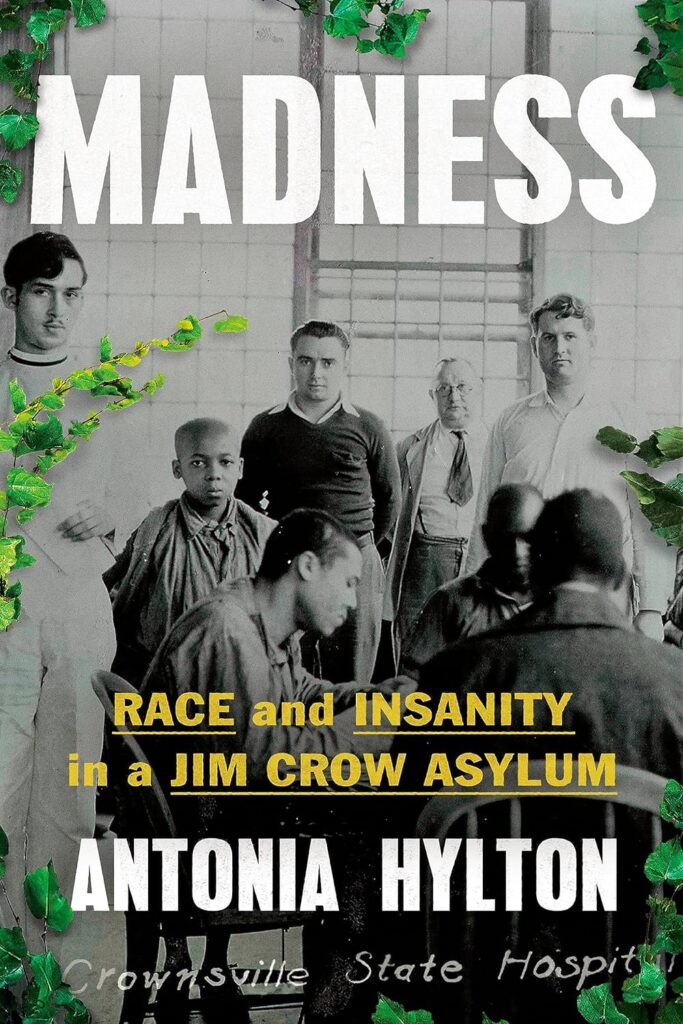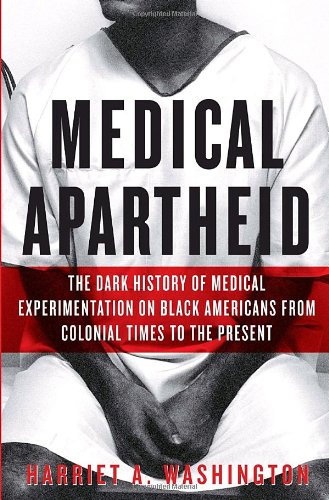TCP003 | ⏰ ~6min read | 🔗 read online
Welcome to The Contemporary Polymath Newsletter, where you broaden your horizons, feed your curiosity, and spark new ideas every Thursday
📧 In This Issue
- 🏥 Medical Pioneers: Meet Black innovators whose work transformed modern healthcare.
- 🔍 The Hidden Story of Henrietta Lacks: The woman whose stolen cells revolutionized medicine.
- 🎨 Art & Inclusion: How a Nigerian sculptor changed the world of prosthetics.
- 👨🏾🔬 Scientific Trailblazers: The Black minds behind groundbreaking discoveries.
- 📚 Must-Read Books: Legacy, Madness, & Medical Apartheid.

👋🏾 Hey there, friend!
I’ve been thinking a lot about how we engage with history—especially when it comes to months dedicated to specific groups. Over the years, my feelings on this have evolved. I believe that if we truly want to foster empathy, understanding, and connection, we should study all histories, all cultures, all the time—not just when the calendar tells us to.
For me, this journey started about many years ago when I was living in Europe. I had two experiences that really stuck with me. On one hand, I met people who genuinely believed that all Black people came from Nigeria and were either sent to the Caribbean or America as slaves. On the other hand, I met people with an incredibly deep understanding of African colonization and migration patterns to Europe. These two extremes made me realize something—I had massive gaps in my own knowledge about my own heritage, just like many others.
I grew up hearing stories about the Jim Crow era, the Vietnam War, and generational struggles, but my knowledge was centered almost entirely on hardship. Where were the stories of achievement? Innovation? Life before slavery? These weren’t things I thoroughly learned in school, so I decided to take my education into my own hands. That experience led me down a path of self-education, where I sought to fill in the gaps that formal education had left out. This month, I want to share some of that journey with you.
Like my approach to languages—where I didn’t just stop at German and Romanian but explored Urdu, Bengali, and Yoruba—I wanted to go beyond the surface. I started buying books, diving deep into African history, and seeking out knowledge that had been left out of my formal education. I wanted to understand not just how we got to America, but who we were before slavery.
That’s why this month’s theme isn’t just about celebrating Black contributions—it’s about seeing them as an essential part of history, science, and culture year-round.
Here’s what we’ll be exploring:
📌 This week: Exploring Black pioneers in medicine
📌 Next week: Highlighting contributions in science & research
📌 Following week: Examining the intersection of technology & math
📌 Final week: Celebrating the role of Black artists in shaping culture
There’s so much to uncover—from groundbreaking research to overlooked figures whose work still shapes our world today. This week, we’re starting with medicine, looking at the pioneers whose contributions continue to influence modern healthcare.
I’m excited to share what I’ve uncovered through years of research, and I hope you’ll join me in this journey of curiosity and discovery.
🌍This Week’s Explorations
Articles We Wrote
History
🧬 In 1951, Henrietta Lacks had her cells taken without consent, but they became one of the most important tools in medical history. Her HeLa cells led to breakthroughs in vaccines, cancer research, and more—forever changing science.
Art
🎨 John Amanam, a Nigerian sculptor, created hyper-realistic prosthetics for dark skin tones, addressing a long-ignored issue in medical design. His innovative prosthetics bring inclusivity and representation to healthcare.
🧪 Science
👁 Every twenty seconds, someone in the world goes blind from cataracts, but Dr. Patricia Bath’s invention changed millions of lives. Discover how the Laserphaco Probe revolutionized cataract surgery.
🔬 Valerie Thomas, a physicist at NASA, developed 3D imaging technology that transformed both space exploration and modern surgery. Her work revolutionized medical imaging, improving precision and saving lives.
🔍 Intriguing Finds
A curated selection of news and discoveries
- 🌱 Heavy cannabis use has been linked to a threefold increase in schizophrenia cases, especially among young men.
- 💊 New guidelines reveal that daily aspirin is no longer recommended for stroke prevention in older adults, sparking a major health debate.
- 🧠 Scientists are using genetic sequencing and AI to uncover new treatments for schizophrenia, pushing the boundaries of mental health research.
- 🎨 Art can be a tool for scientific curiosity, using ambiguity to push the boundaries of research and innovation.
- 🚀 NASA employees were ordered to erase mentions of Indigenous people and women from agency websites, sparking controversy over historical erasure.
📖 Books We Are Reading



Legacy: A Black Physician Reckons with Racism in Medicine by Dr. Uché Blackstock
Dr. Blackstock shares her personal journey through the medical field, highlighting systemic racism and advocating for a more equitable healthcare system.
Madness: Race and Insanity in a Jim Crow Asylum by Antonia Hylton
Hylton delves into the history of a segregated asylum, exploring the intersection of race and mental health during the Jim Crow era.
Medical Apartheid: The Dark History of Medical Experimentation on Black Americans from Colonial Times to the Present by Harriet A. Washington
Washington provides a comprehensive history of unethical medical experiments conducted on Black Americans, revealing a legacy of abuse and exploitation.
👥 Readers Corner
Share what you’re reading, your favorite “Polymath Notebook” find, and I’ll feature the most intriguing responses in next week’s issue!
💭 How Inquisitive
🔙 Answer to last week’s question
🌍 Which ancient supercontinent existed before Pangaea?
There were at least five major supercontinents before Pangaea: Rodinia, Columbia (Nuna), Kenorland, Ur, and Vaalbara. While Rodinia is the most well-established, the existence of Ur and Vaalbara is still debated among geologists.
⏭️ Question for next week
🧠 Can you inherit the fears and experiences of your ancestors—without ever living them yourself?
Loved this issue or have ideas for future topics? Reply to this email—I’d love to hear from you!
🇺🇸 Take care. Have a wonderful day, evening, or night wherever you are. Be kind! and in Yoruba: 🇳🇬 Ṣe abojuto ara rẹ. Ni ọjọ, irọlẹ, tabi oru alafia! Ṣe alaanu!
– Best, Naya

🍵 If you enjoy any of my work, writing, thinking, etc. I always enjoy a nice cup of matcha 😁 or kind and uplifting words 🫶🏾.
Thank you to my recent supporters:
Anne, Benjamin, Victoria, and J.
⏩ Was this forwarded to you, subscribe here
